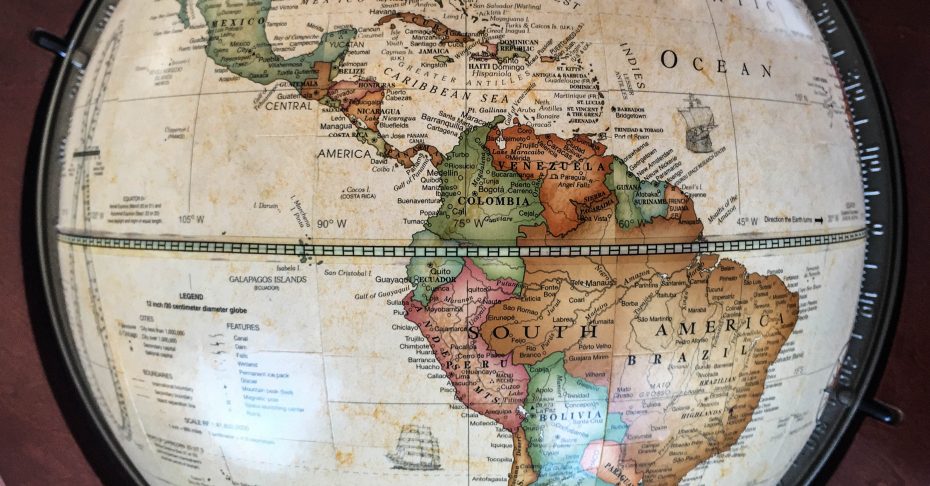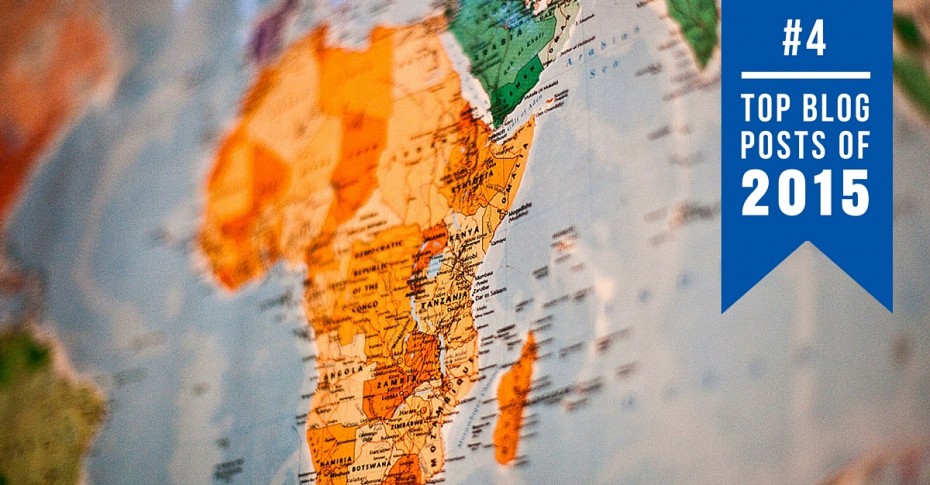A Short Guide to Talking About Latin America

It’s human nature to use generalizations. We compartmentalize information about the world as we view it through our own tinted lenses of experiences and interactions. And if we’re not careful, that compartmentalization can shape what we think about a group of people into a singular story.
Continue Reading ›A Short Guide to Talking About Africa

As a U.S. citizen, I’ve heard many reactions to my nationality as I travel to other places. A few gems: “We love Americans!” “We hate Americans!” “You can print your own money at an ATM.” “You’re all fat.” People have ample opportunities to see the United States in news and entertainment, so they have ample opportunities to form opinions of us — for better or for worse.
Continue Reading ›

